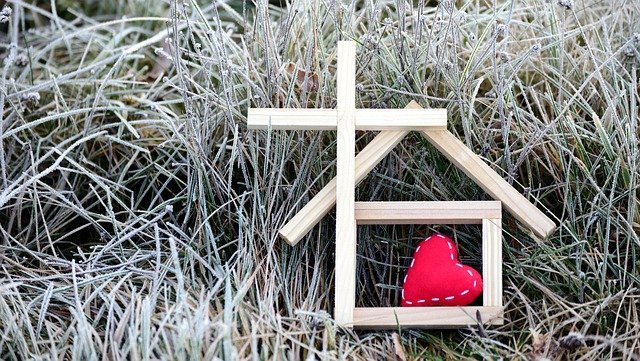Is keeping in touch after the event important?

A quick look through my inbox reveals all the organisations that keep in touch with me – and some send me things in the post as well. National Trust, Tate Britain, Gloucester Cathedral, Trailfinders, plus all the useful things like insurance and utilities. All of them are following up with me after I have had contact – some of them for years. And, in these post-GDPR days, they have either got a legitimate business interest, or they ask me if I am interested in hearing from them. Mostly I am.
The Life Events team has just completed a new piece of research around weddings. Once again, we asked about whether couples wanted to hear from the church after the big day. In line with every other piece of research we have done, the answer is a big, resounding, affirming YES.
We then ask if they actually do hear from us again. Sadly, the results remain very disappointing.
This pattern is the same for those we meet at christenings and at funerals. Nine out of 10 people say they would like to hear from us again. We have shared with them in one of life’s big moments. And we say that we will always be there for them…so why are we so shy when it comes to maintaining this contact?
I find myself wondering if many of us, especially clergy, are hearing something different when the insights from the research tells us ‘keeping in touch really matters’. I wonder if what we are hearing is ‘pastoral visiting really matters’. At which point we feel overwhelmed at the scale of the task… How can we fit in visits to all these families – plus lots of them don’t even live locally? Then we have guilt… because we think we should have visited, and we just couldn’t.
Reality check: most people don’t want a vicar visiting: they just want to hear from us. They want to know they are not forgotten – and to have the right information so they can make a decision about the next step for them. That next step might be in a quiet country church or a big cathedral, or it might be coming to the fete or the Remembrance Day service – and of course, it might mean a carol service. But how can they come, if we haven’t kept in touch?
Keeping in touch is about contact, not visiting – though in time, visits may play a part in building a relationship. When you join the National Trust, they keep in touch with something in the post, and something on-line, including social media. Best of all they send something a little bit local – a special bit of information about what’s on where you live, and with lots of prompts about where to find out more, you can decide what to do next. And they regularly, routinely send out this information and invitation, so that I know that I belong.
Staying in touch with families and couples after a wedding, funeral or christening starts in the same place. It can be done by anyone, not just a vicar. There are four easy things to do:
- Set up a Facebook page, and let them know it exists. Use it to post information.
- Set up a regular e-newsletter
- Send invitations to your special events, such as Christmas services or a fun social evening. The Church Print Hub has ranges to choose from.
- Send cards to mark their special times such as anniversaries or birthdays.These simple things say that we are interested in them and help strengthen relationship.
The research findings are clear: if we keep in touch there is a chance that people will take the next step on a journey of contact with church, a journey of discovering faith in God through Jesus Christ and a place with God’s people. If we don’t keep in touch – all the good that we have built up may be lost. Contact is the bridge from mission to discipleship, the bridge from that first experience to life-changing encounters. Who knew an e-newsletter could be part of that?
Revd Dr Sandra Millar